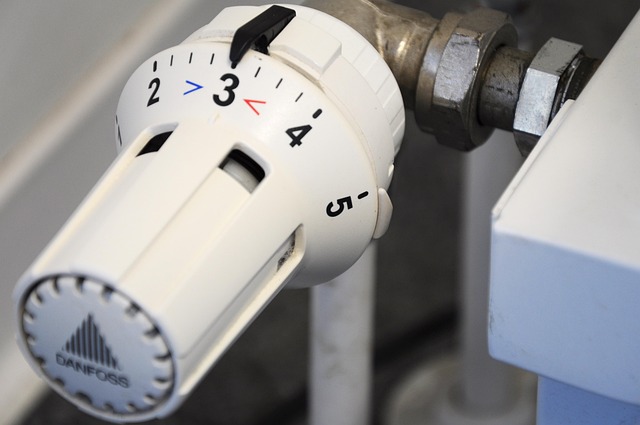Exploring Options in Senior Home Care Services
As our loved ones age, finding the right care solution becomes increasingly important. Senior home care services offer a range of options to support older adults in the comfort of their own homes. This article explores various aspects of home care services, helping families make informed decisions about their elderly relatives' care needs.

What are the main types of senior home care services?
Senior home care services can be broadly categorized into two main types: personal care and companion care. Personal care services assist with activities of daily living (ADLs) such as bathing, dressing, and medication management. Companion care, on the other hand, focuses on providing emotional support, companionship, and help with light household tasks. Many caregiver companies offer a combination of these services, tailoring their offerings to meet individual needs.
How do you determine the level of care needed?
Assessing the level of care required is a crucial first step in choosing the right home care service. This process typically involves evaluating the senior’s physical and mental health, their ability to perform daily tasks, and their overall safety at home. Many home care agencies offer free in-home assessments to help families determine the appropriate level of care. It’s also advisable to consult with the senior’s healthcare provider to get a comprehensive understanding of their medical needs and limitations.
What qualifications should you look for in a caregiver?
When selecting a caregiver, it’s important to consider their qualifications and experience. Look for caregivers who have relevant certifications, such as Certified Nursing Assistant (CNA) or Home Health Aide (HHA) credentials. Additionally, ensure that the caregiver has experience working with seniors and, if applicable, expertise in managing specific health conditions. Reputable caregiver companies typically conduct background checks, provide training, and offer ongoing support to their staff.
Are there 24/7 home care services available?
Yes, many caregiver companies offer 24/7 services at home for seniors who require round-the-clock care. This level of care is often necessary for individuals with advanced dementia, severe mobility issues, or those recovering from surgery or illness. 24/7 care usually involves a team of caregivers working in shifts to ensure continuous support and supervision. While this option provides comprehensive care, it’s important to consider the cost implications and the impact on the senior’s daily routine.
What unique benefits does home care offer compared to other options?
Home care services offer several unique advantages over other care options. Firstly, they allow seniors to maintain their independence and stay in familiar surroundings, which can significantly impact their emotional well-being. Home care also provides personalized, one-on-one attention that may not be available in institutional settings. Additionally, home care can be more flexible, allowing for adjustments in care plans as needs change. For families in the United States, home care can often be a more cost-effective solution compared to nursing homes or assisted living facilities, especially for those requiring part-time assistance.
How much do senior home care services typically cost?
The cost of senior home care services can vary widely depending on factors such as location, level of care required, and the specific services provided. In general, home care costs in the United States range from $20 to $40 per hour for non-medical care, while skilled nursing care can cost significantly more. For a more detailed breakdown, consider the following comparison of some national home care providers:
| Provider | Services Offered | Estimated Hourly Rate |
|---|---|---|
| Home Instead | Personal care, companionship, specialized care | $22 - $28 |
| Visiting Angels | Non-medical care, respite care, 24-hour care | $20 - $30 |
| Comfort Keepers | In-home care, transitional care, dementia care | $24 - $32 |
| BrightStar Care | Skilled nursing, personal care, companion care | $25 - $35 |
Prices, rates, or cost estimates mentioned in this article are based on the latest available information but may change over time. Independent research is advised before making financial decisions.
When considering the cost of home care, it’s important to factor in potential long-term care insurance coverage, veterans benefits, or Medicaid waivers that may help offset expenses. Additionally, many families opt for a combination of professional care and family caregiving to manage costs while ensuring their loved one receives adequate support.
In conclusion, senior home care services offer a flexible and personalized approach to caring for aging loved ones. By understanding the types of services available, assessing care needs, and carefully considering qualifications and costs, families can make informed decisions that promote the well-being and quality of life of their senior relatives. As the landscape of elder care continues to evolve, home care remains a valuable option for those seeking to balance independence with necessary support and assistance.




